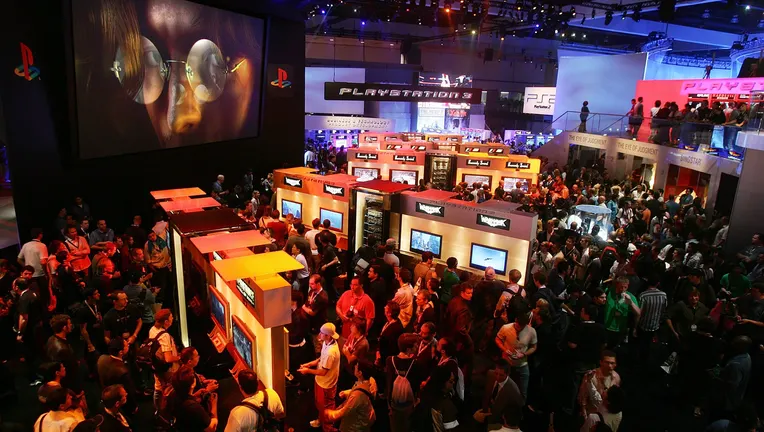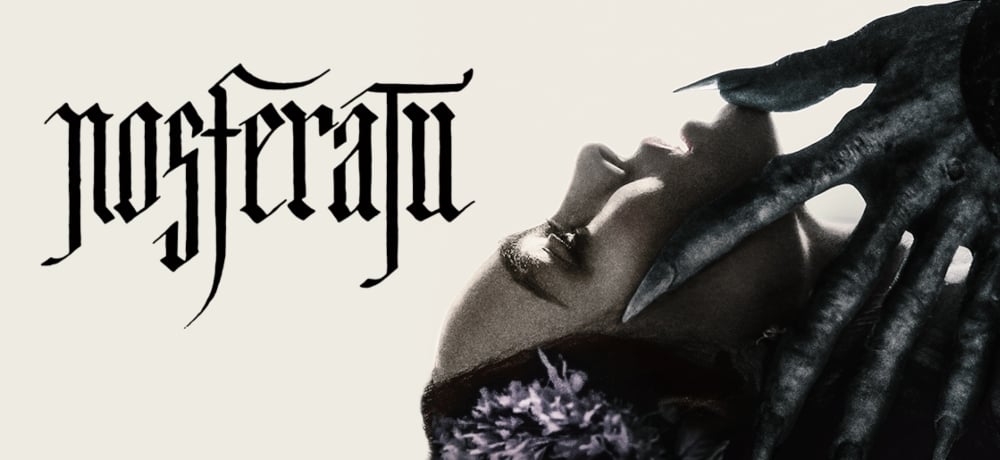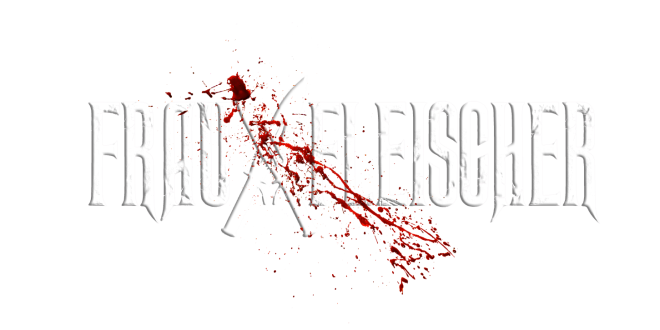New Horror Game ‘Infestation: Origins’ Features Grotesque Mickey Mouse Killer

E3, the once-preeminent gaming expo, has officially concluded its run. This marks the end of the Electronic Entertainment Expo’s long-standing reign as the gaming industry’s premier event. The Entertainment Software Association (ESA), under the leadership of President and CEO Stanley Pierre-Louis, made this decision after more than two decades of successfully hosting an event that was a pivotal showcase in both the U.S. and global gaming sectors.
The demise of E3 was precipitated by a combination of factors: the emergence of new competitive events, partner withdrawals, shifts in consumer habits, and disruptions caused by the pandemic. These challenges ultimately overcame the numerous efforts to rejuvenate the expo, which had been a fixture in the industry since its inception in 1995.

Pierre-Louis acknowledged the deep affection the industry, including gamers and creators, held for E3. He emphasized the shared sentiment but also noted the necessity of the closure in light of the evolving opportunities within the industry to connect with fans and partners.
“We know the entire industry, players and creators alike have a lot of passion for E3. We share that passion,” Pierre-Louis said. “We know it’s difficult to say goodbye to such a beloved event, but it’s the right thing to do given the new opportunities our industry has to reach fans and partners.”
E3’s story began as a response to the gaming industry’s marginalization at the Consumer Electronics Show in Las Vegas. The ESA established E3 as a dedicated platform for retailers to engage directly with game publishers and creators. This move was instrumental in recognizing the significant role of the gaming sector in technological innovation, artistic expression, and economic contribution.
Over the years, E3 evolved into a monumental event, generating major media headlines and serving as a stage for industry giants like Nintendo, Sony, and Microsoft to unveil groundbreaking consoles like the Wii, PlayStation 3, and Xbox 360. It also spotlighted key figures in the gaming world, elevating them to celebrity status.
However, the landscape of gaming industry events has shifted significantly. Nintendo’s introduction of the “Direct” format in 2011, Sony PlayStation’s withdrawal in 2018, and the subsequent departure of other key players marked a turning point. The rise of alternative showcases like Geoff Keighley’s Summer Game Fest and the annual Game Awards, which recently celebrated another year, further demonstrated the changing dynamics.
The last in-person E3 in 2019 attempted to revitalize interest by opening its doors to the general public. However, the pandemic accelerated the industry’s shift towards online news conferences, a format that many game publishers adopted with mixed results. Pierre-Louis, in a conversation with The Washington Post, recognized the evolving nature of the industry’s marketing and business strategies, highlighting the increasing direct access companies now have to consumers and business partners.

With the closure of E3, the gaming industry is exploring new avenues for engagement and showcase. Major companies are now focusing on individual events and collaborations with other industry happenings.
“There were fans who were invited to attend in the later years, but it really was about a marketing and business model for the industry and being able to provide the world with information about new products,” he said. “Companies now have access to consumers and to business relations through a variety of means, including their own individual showcases.”




